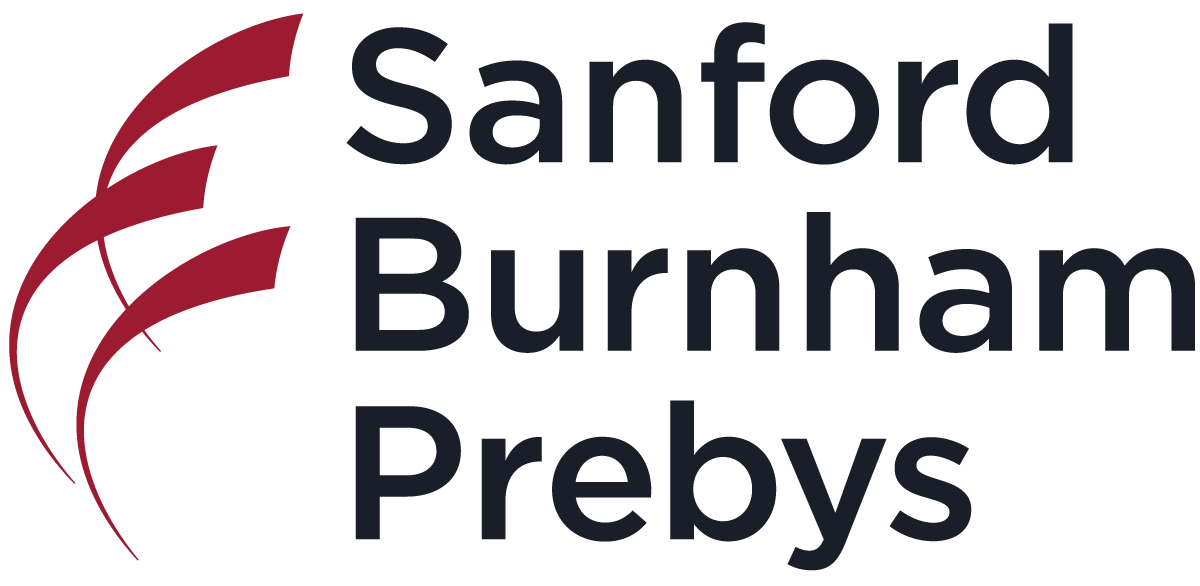Newswise — The immune system is one of the main defenses of the human body to fend off harmful pathogens and invasive cells, such as cancer. Among all white blood cells, a particular cell type, called a T cell, is able to directly kill cancer cells and therefore plays an essential role in building anti-tumor immune responses.
Many types of cancer are confronted and infiltrated by T cells, only to be suppressed by the local tumor environment and instead twisted into fueling cancer growth and disease progression.
Kelly Kersten, Ph.D., who joined Sanford Burnham Prebys this month as an assistant professor in the Cancer Metabolism and Microenvironment program, studies the interactions between immune cells and their microenvironment to better understand how they contribute to anti-tumor immune responses.
“The goal is to improve existing therapies to cure cancer,” said Kersten.
Kersten is part of a vanguard of scientists and physicians developing and promoting immunotherapy — a type of cancer treatment designed to boost the body’s own immune defenses through therapies employing monoclonal antibodies, immune checkpoint inhibitors, vaccines and/or modified T cells.
“While immunotherapy has revolutionized the way we treat cancer, there is still a large proportion of patients who do not respond , and the mechanisms of resistance remain largely unclear,” said Kersten.
“One of the main challenges is that tumors are complex ecosystems that contain many different cell types that interact with one another. Studies have found that T cells that infiltrate tumors very rapidly lose their tumor-killing capacity and enter a dysfunctional state known as ‘exhaustion.’”
Research by Kersten and others has demonstrated that macrophages — a type of innate immune cell abundant in many cancers — can capture T cells and push them into this exhausted state.
“My lab is focused on understanding the interactions between macrophages and T cells in the tumor microenvironment,” she said, using tools like flow cytometry-based immune profiling and CRISPR/Cas9 gene editing in mouse models of cancer. “The goal is to identify therapeutic targets that could break this dysfunctional cycle and improve immunotherapies for cancer patients.”
Prior to coming to Sanford Burnham Prebys, Kersten was a postdoctoral scholar at the University of California San Francisco in the lab of Matthew F. Krummel, Ph.D., a professor of pathology and noted immunologist.
She received her Bachelor of Science degree in biology and her Master of Science degree in biomedical sciences at Utrecht University in The Netherlands and her doctorate at The Netherlands Cancer Institute.
“I have always been fascinated by the molecular mechanisms that underlie the development of disease. During my master’s program at Utrecht, I took a class about cancer and the immune system and I was hooked.
“Learning about the existence of immune cells that are able to kill tumor cells made me wonder: Why are tumors not eradicated by the immune system? Can we improve the functionality of these cells?”
In the next few years, Kersten said, she wants to “establish a thriving, supportive and diverse research team of people who share my passion for immune oncology….In the long term, I hope that our multidisciplinary and holistic approach of studying immune cell interaction hubs in the tumor microenvironment will lead to novel discoveries that will help optimize therapeutic strategies for cancer patients.”
MEDIA CONTACT
Register for reporter access to contact detailsArticle Multimedia

Credit: Sanford Burnham Prebys
Caption: Kelly Kersten, Ph.D., who joined Sanford Burnham Prebys this month as an assistant professor in the Cancer Metabolism and Microenvironment program, studies the interactions between immune cells and their microenvironment to better understand how they contribute to anti-tumor immune responses.

Credit: Kelly Kersten, Sanford Burnham Prebys.
Caption: : In this colorized micrograph, immune cells called macrophages (purple) and T cells (red) isolated from a live mouse tumor interact through the T cell receptor (green).


